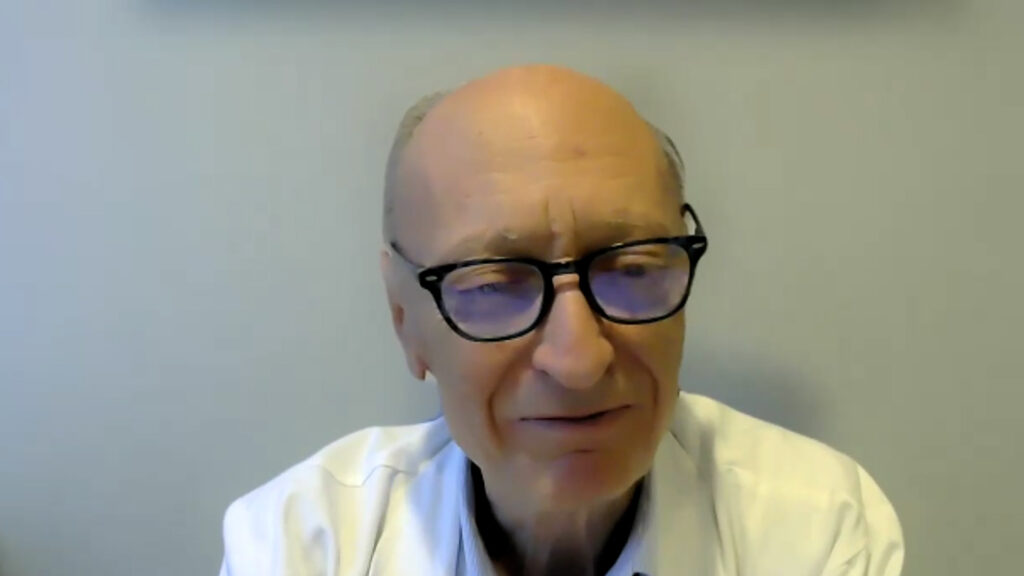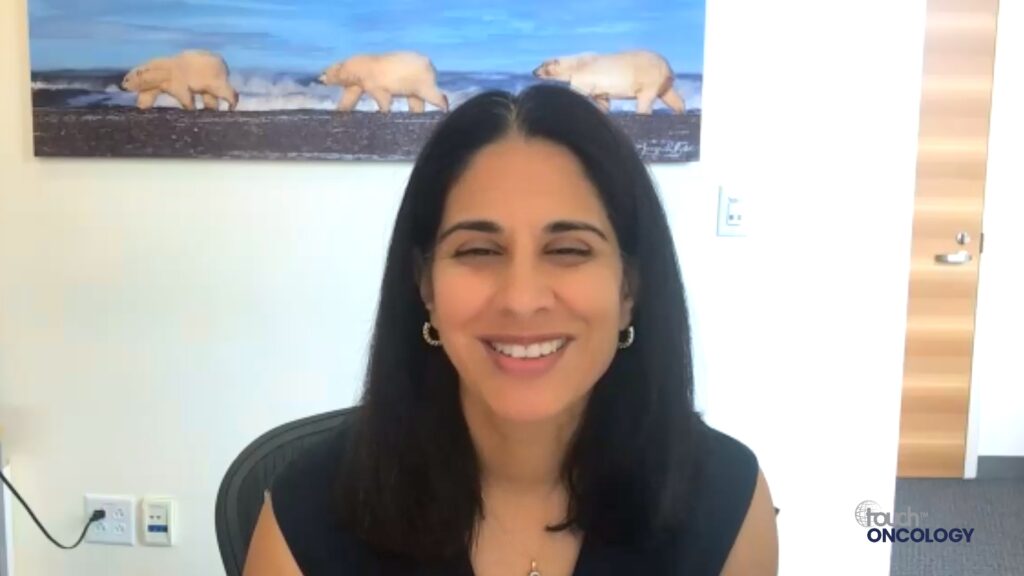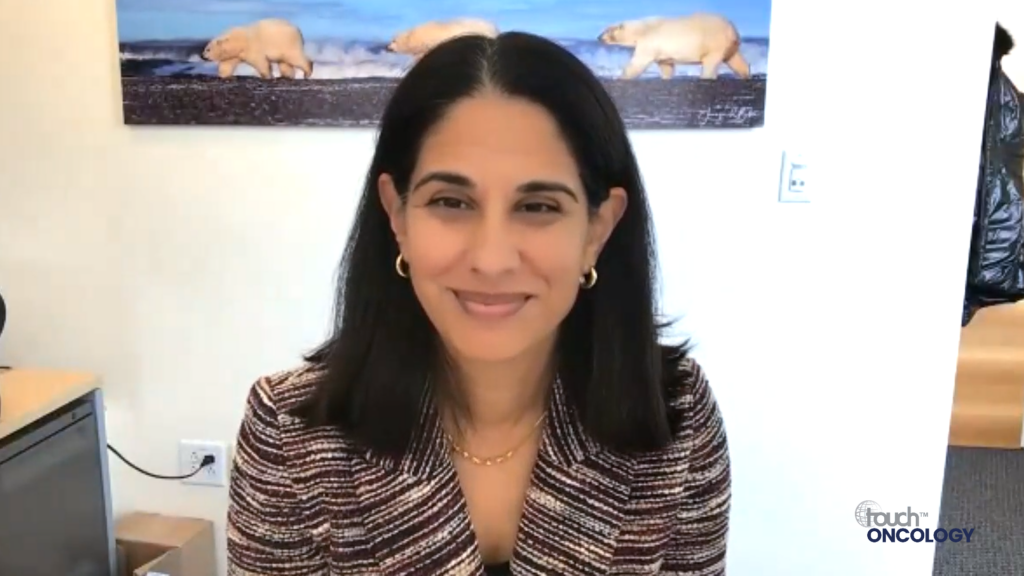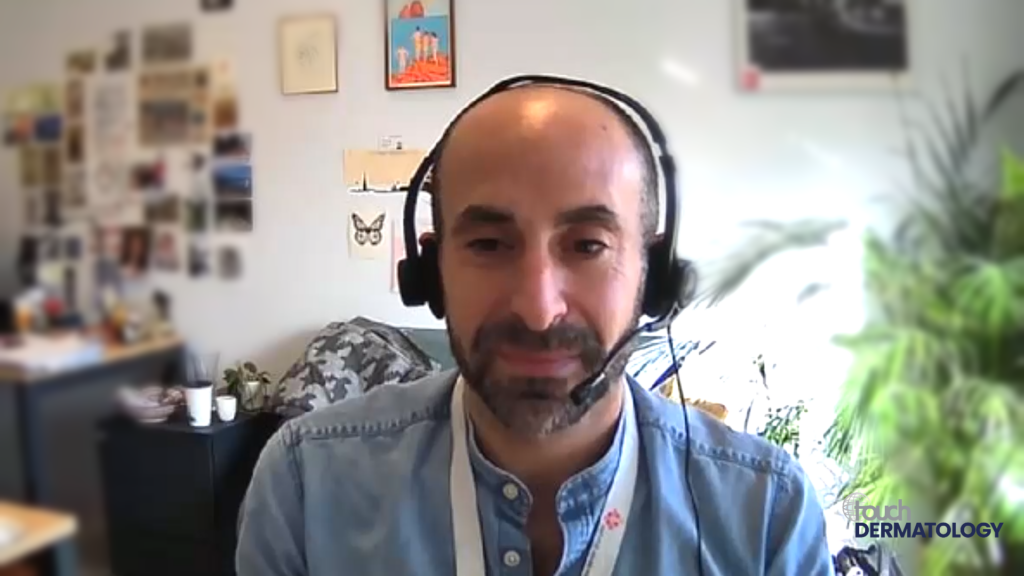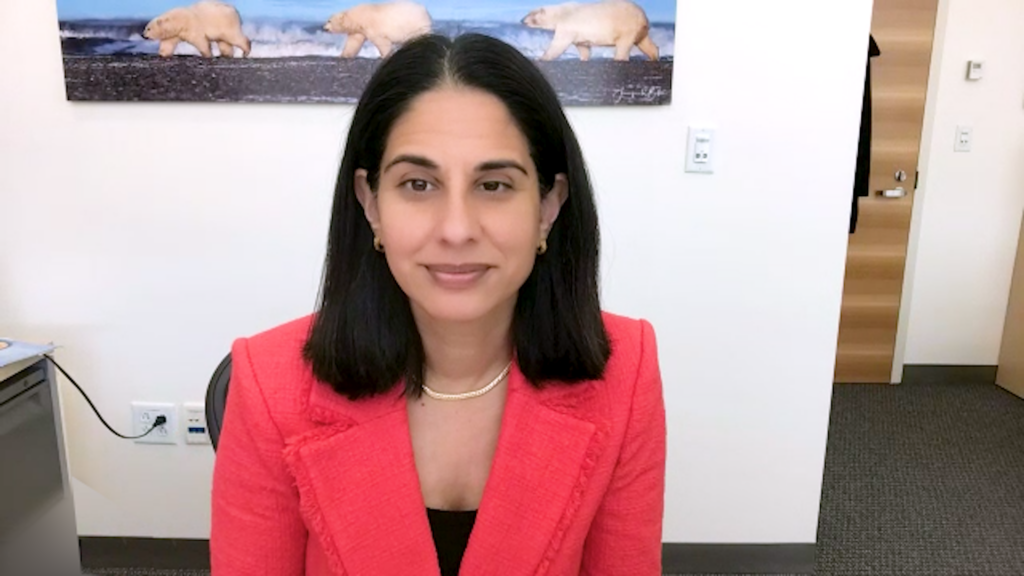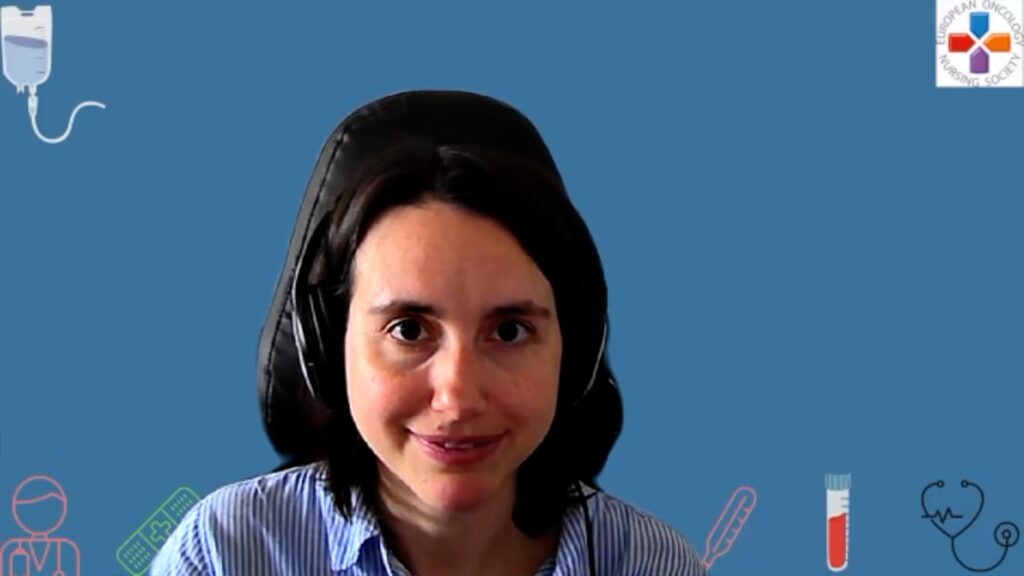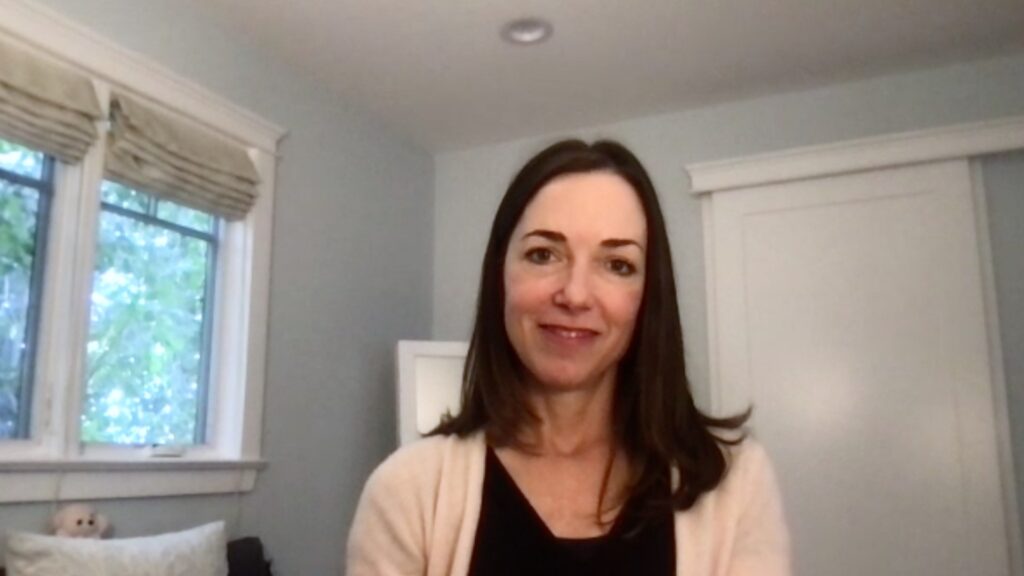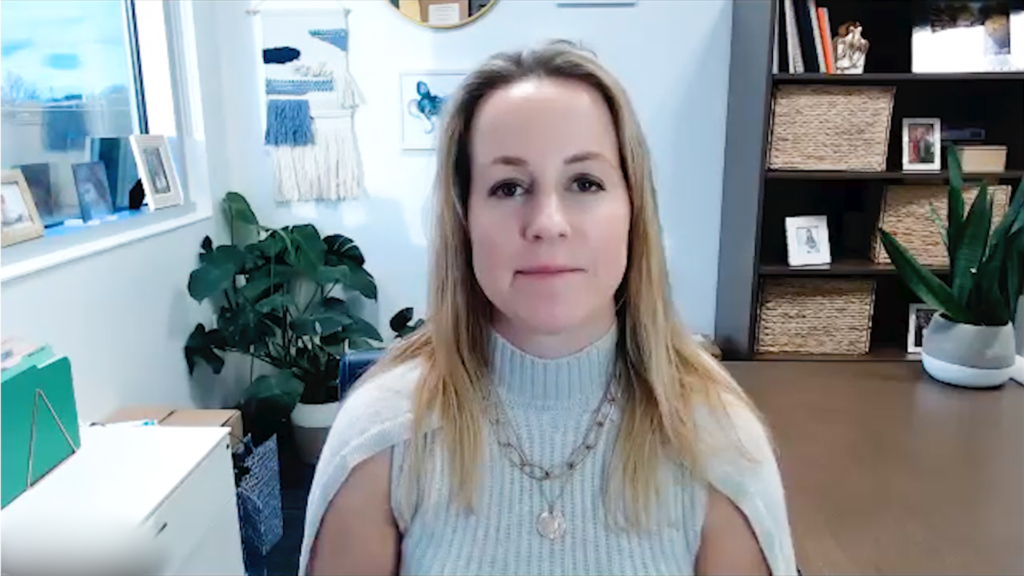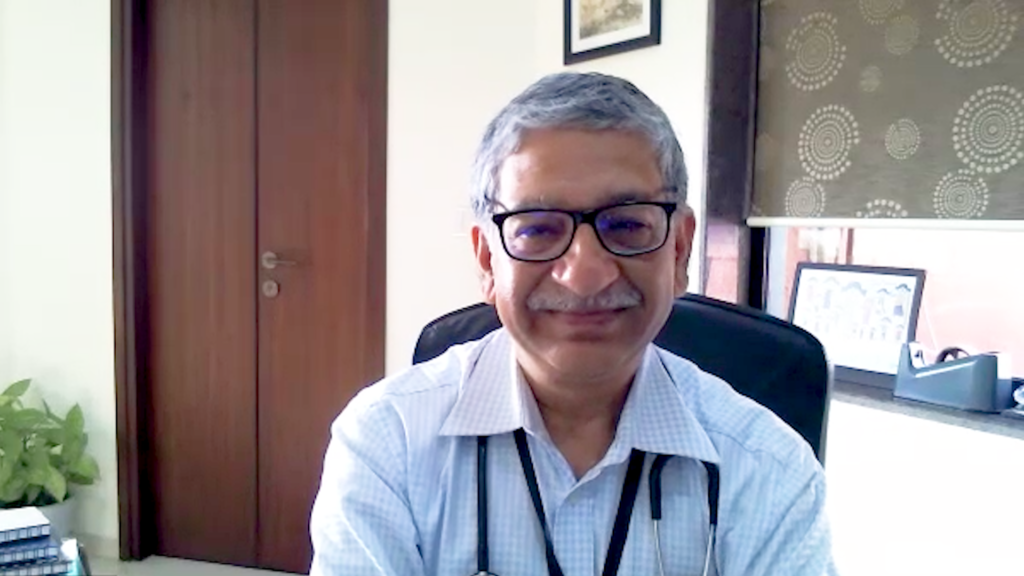Dr Aditya Bardia (Harvard Medical School, Boston, MA, USA) discusses the results of the phase III EMERALD trial, exploring elacestrant, an oral selective estrogen receptor degrader, vs investigator’s choice of endocrine monotherapy for ER+/HER2- advanced/metastatic breast cancer following progression on prior endocrine and CDK4/6 inhibitor therapy. These results were presented at the San Antonio Breast Cancer Symposium 2021.
Questions
1. What are the unmet needs in the treatment of advanced or metastatic estrogen receptor (ER)-positive, HER2-negative breast cancer? 00:15-01:04
2. Could you tell us a little about elacestrant, its mechanism of action and potential advantages in the treatment of women with ER+, HER- breast cancer? 01:04-01:32
3. What were the aims, design and eligibility criteria of the EMERALD study? 01:32-02:30
4. What were the efficacy and safety findings of the study? 02:30-03:55
5. Could you comment further on the findings in the ESR1 mutation subgroup, and the clinical significance of this? 03:55-04:39
Speaker Disclosure: Aditya Bardia discloses consultancy/advisory board participation for Pfizer, Novartis, Genentech, Merck, Radius Health, Immunomedics/Gilead, Sanofi, Daiichi Pharma/Astra Zeneca, Phillips, Eli Lilly and Foundation Medicine, and contracted research/grant (to institution) from Genentech, Novartis, Pfizer, Merck, Sanofi, Radius Health, Immunomedics/Gilead, Daiichi Pharma/Astra Zeneca and Eli Lilly.
Support: Interview and filming supported by Touch Medical Media Ltd. Interview conducted by Sophie Nickelson.
Filmed in coverage of the San Antonio Breast Cancer Symposium 2021


